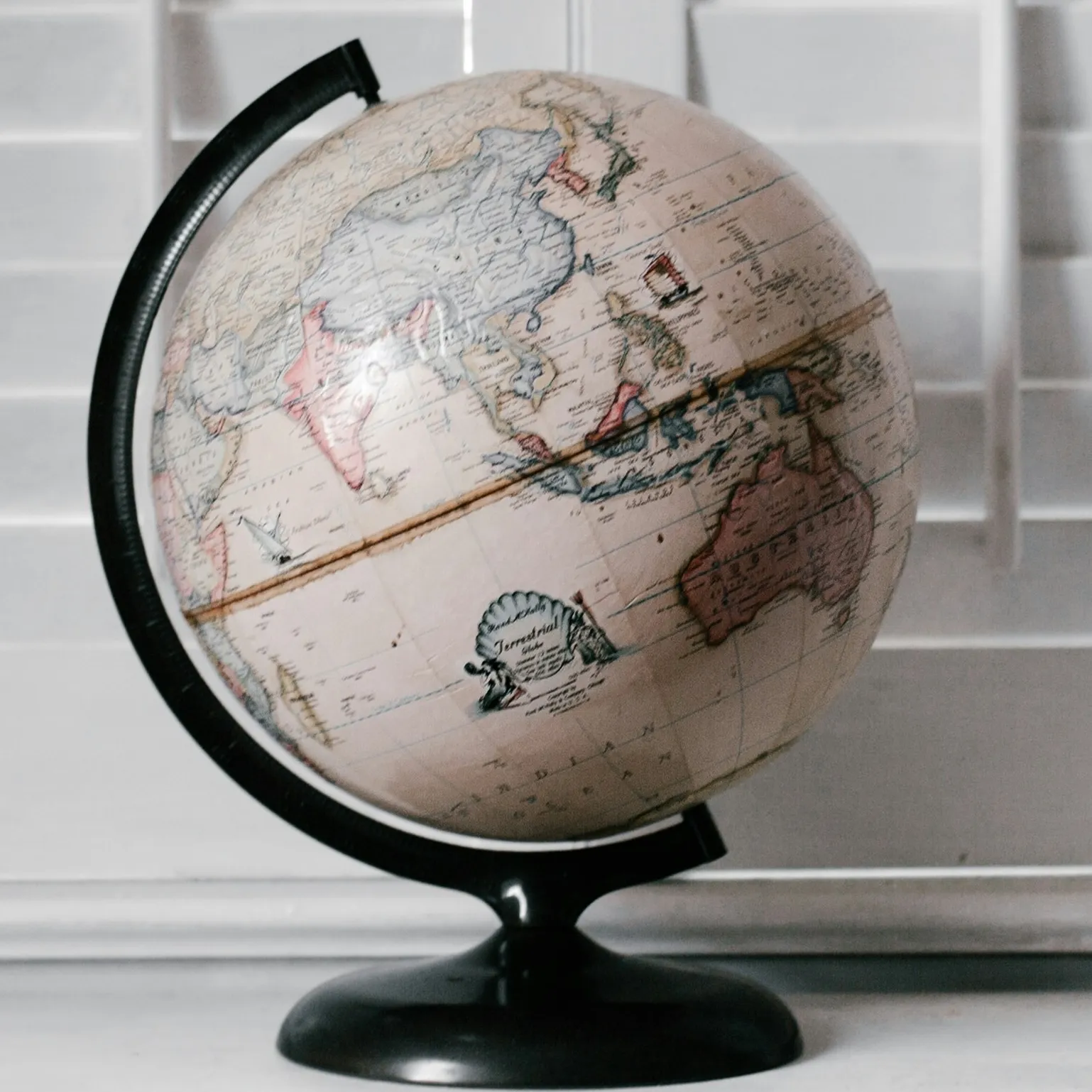A History of the World
Andrew Marr

I spent a lot of time in museums when I visited London in the fall of last year. The British Museum is a gigantic repository of artifacts, which seems to cover all of human history from all over the world. It was truly overwhelming and awe-inspiring, and I came away feeling ignorant. Our world has so many stories to tell and even if I really tried, I could only hope to learn a small fraction of them.1
During the same trip, I stumbled across a copy of Andrew Marr’s A History of the World in a used bookstore. Since I was feeling the urge to improve my historical education, I picked it up and started reading as soon as I came home.
It’s quite an ambitious work, to attempt to summarize world history in one book. It’s impossible, of course, but what is here is successful, I think. It reads like a series of articles, around the length that can be tackled in one sitting, each focussing on a specific event. Every once in a while, there’ll be a few pages where Marr attempts to synthesize and draw comparisons between the stories, for example, how both the Vikings and the Mongols shaped Europe via conquest. It’s all pretty readable, but since it has to cover so much ground, it does inevitably have to refer to some names that the reader is assumed to already know. A lot of times, I didn’t get the references, so had to keep Wikipedia handy.
If there’s a main thesis point to tie it all together, it’s the old adage that power corrupts. It can make for a bleak reading experience sometimes, as Marr recounts the brutal human costs of war and tyranny. I’ll let Marr summarize it himself:
A key theme in this history has been the mismatch between mankind’s ability to understand the world and so reshape it, and on the other hand the lack of progress in how we are ruled. Science strides ahead; politics stumbles around like a drunk. We saw it in the age of discovery and the age of empire, but it was particularly glaring in the twentieth century—and, I would add (so far), the twenty-first too.
Finally, I’ll point out the main flaw that I see in the book: it’s somewhat Eurocentric. It’s not surprising that the author would favour the areas of his expertise, but I found his coverage of other parts of the world to be lacking in both quantity and quality.
Still, it scratched my itch to learn more about history, if only at a superficial level. I hope that I can use this as a jumping-off point and find more in-depth titles to read going forward.
Footnotes
-
Coincidentally, I’ve been diving into the Foundation series by Isaac Asimov, and the main character, Hari Seldon, expresses a similar feeling, but dialled up even more. If I already feel overwhelmed by the scope of history in our one world, imagine the burden of a person whose mission is to grasp the path of the Galactic Empire by studying its 25 million planets. ↩
